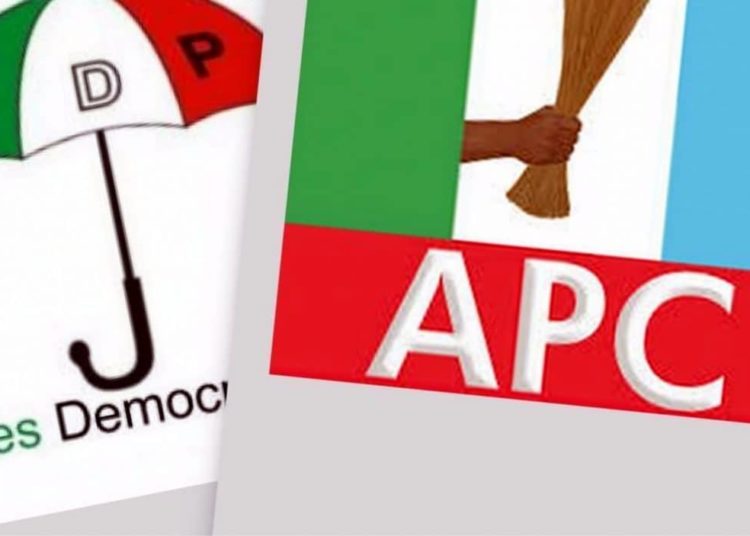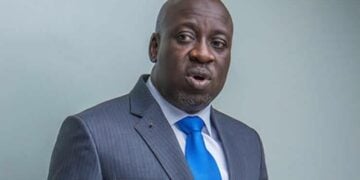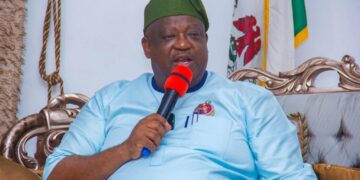Stakeholders have expressed divergent views over the promises made by the presidential flagbearers of the two major political parties in the country,
Both the ruling All Progressives Party (APC) candidate Asiwaju Bola Ahmed Tinubu, and the Peoples Democratic Party (PDP) presidential candidate, Alhaji Atiku Abubakar.
Tinubu, a former governor of Lagos State promised to secure, prosper and unite Nigeria in his victory speech after emerging as the presidential candidate of the APC for the 2023 general elections, saying he was ready to unite the nation, provide security, revamp the economy and create wealth if elected.
He added that if he emerges as the party’s presidential candidate and eventually wins the presidential election, he would tackle banditry and other crimes.
He also mentioned improving electricity generation and supply, ensuring the education of all children irrespective of family background, and seeing to the improvement in infrastructural development of Nigeria.
Pledging support to agriculture, industrialisation, and to move education forward in the country, he assured that incessant strikes by university workers would be over.
On his part, Abubakar, a former vice president of Nigeria and People’s Democratic Party (PDP) presidential candidate, has five-point agenda embodying promises to restore Nigeria’s fractured unity, as well as rebuild the nation’s battered economy.
The policy document released ahead of the 2023 general election also envisioned tackling the current lingering insecurity to guarantee the safety and security of lives and property, build a dynamic economy for prosperity, restructure the polity to foster unity and stability, as well as provide qualitative education.
Running Mates: APC Defers To Tinubu, Wike May Emerge As Atiku’s VP
Atiku urged citizens “to hold him accountable if he fails to deliver on his social contract with Nigerians.”
A public affairs analyst, James Uneze, however, decried that Nigeria has suffered instability of government in time past which has resulted in unorganised government policies and implementation.
Uneze said even now, every new government administration in Nigeria often comes on board with its policy and initiative, they then abandon the previous policies set up by the previous government.
“Hence, the country is left with a long trail of poorly executed policies. Economic plans and policies are supposed to be sustainable and flexible so that any government that comes into power can keep on with its implementation.
“However, this has not been the case in Nigeria. The non-continuity of government projects is a major hindrance to economic growth,” he added.
The coalition of Assembly of Southern Youth Nigeria (ASYN) noted that human resources play a significant role in the success or failure of the economy and development of any nation or organisation.
Victor Udoh notes Nigeria has very poor human development, adding this is evident in poor educational systems, poor remuneration, and unemployment rate.
“Most of the problems facing the Nigerian economy reflect the poor state of human development.
“When the government does not make the development of the people its priority, it reflects in the country’s economic growth.”
The only question is, will the winner keep to his flowery promises ? Only time will tell.





